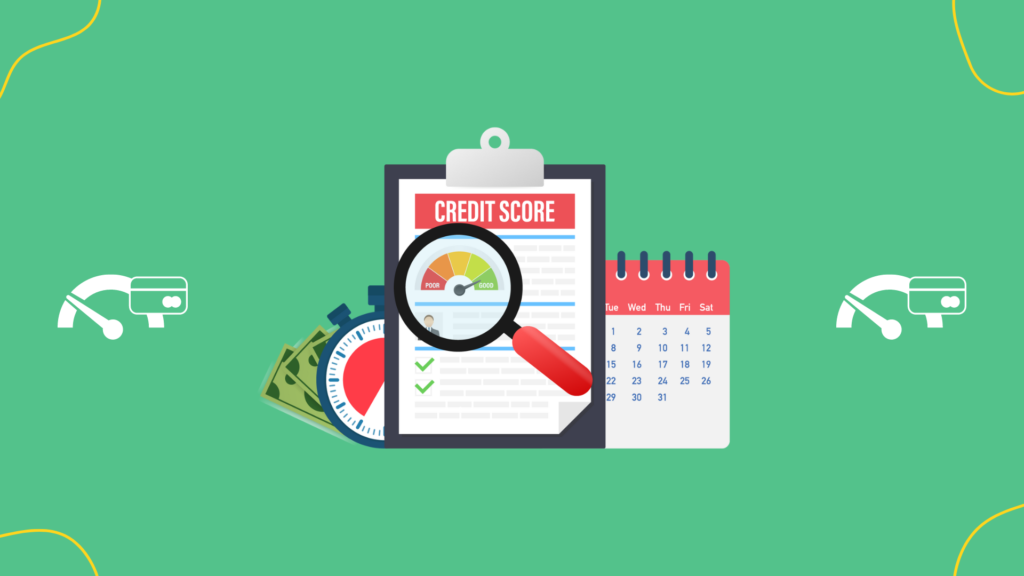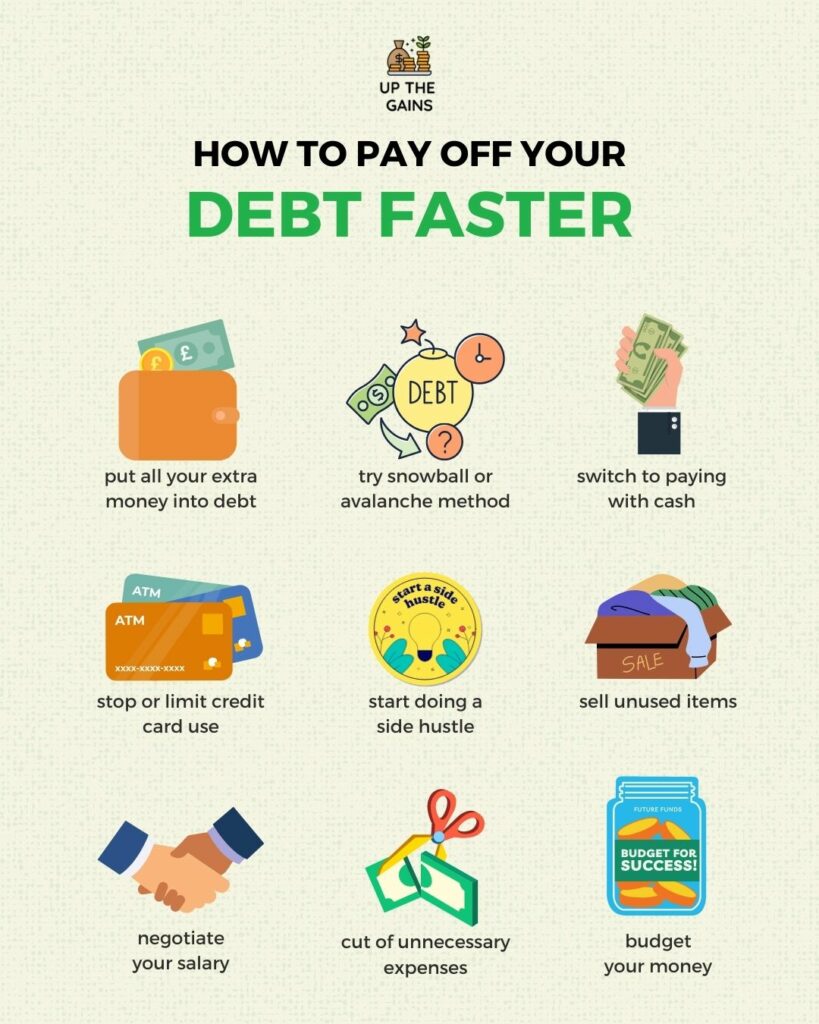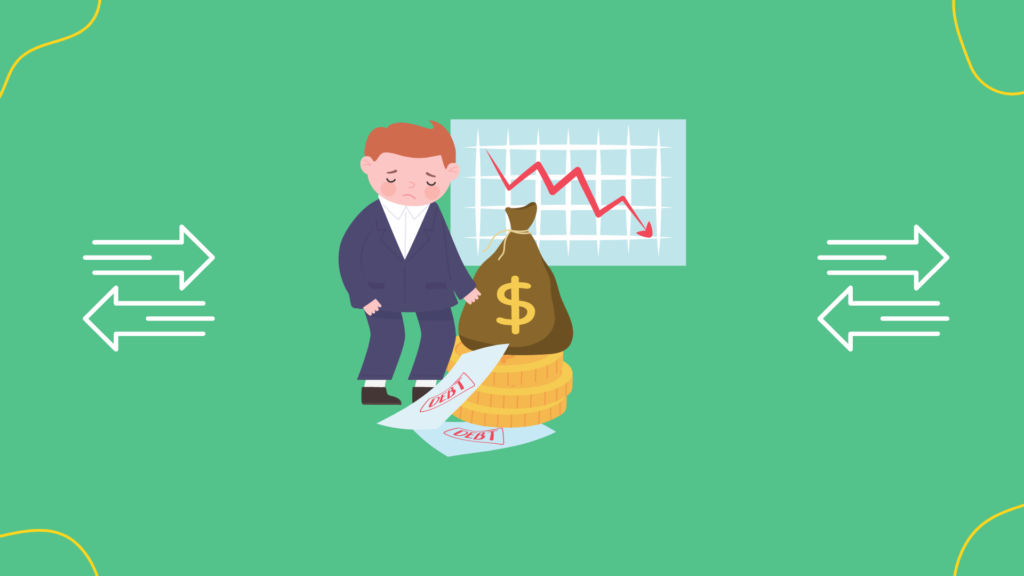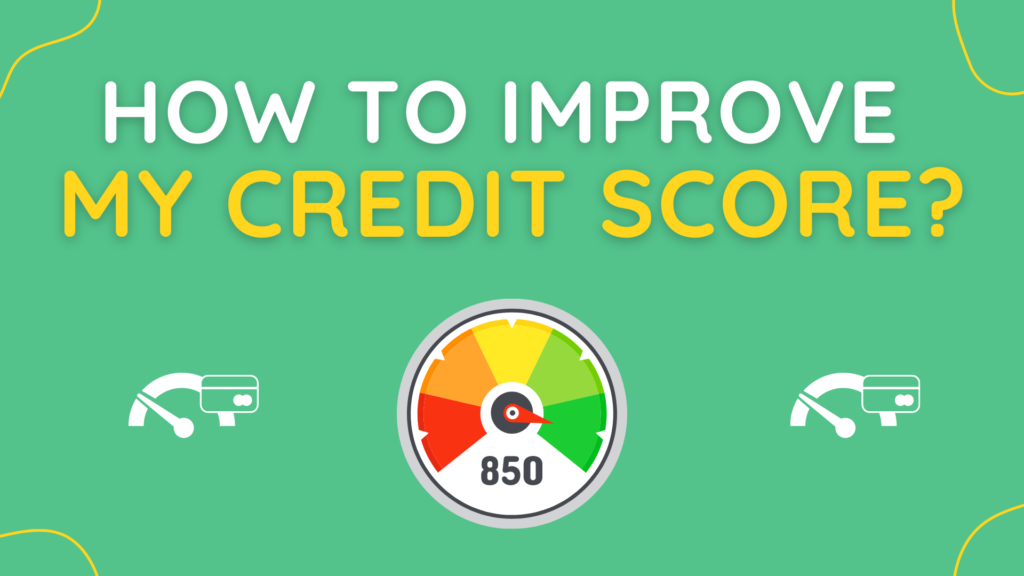
Sammie Ellard-King
I’m Sammie, a money expert and business owner passionate about helping you take control of your wallet. My mission with Up the Gains is to create a safe space to help improve your finances, cut your costs and make you feel good while doing it.
If you’re wondering how to improve my credit score then you’ve landed in the right place.
There is no denying that many of us have taken a hit financially over the last couple of years, which means that it’s more important than ever to be responsible with our cash and make sure we do what we can to protect our personal finances.
It is easy to assume that you only need to worry about your credit score if you plan to apply for a personal loan or a mortgage. Still, a poor credit score can affect many other things like mobile phone contracts, overdrafts, business loans, buying a house, house rentals and even your car insurance.
A good credit score isn’t usually something that can be perfected overnight, so now is the time to bite the bullet, check your score and look into how you can improve it.
During university, I built up close to £20,000 of debt, and because I’m an idiot, I sometimes ignored bills, court summons and even bailiffs.
I was young, foolish, and unfortunately didn’t have financial training from my parents. This unfortunate cocktail meant it took YEARS to get my credit score back to average.
Fear not, though. With time and good management, you can build yourself back up. I now own a home with my partner and have a great credit score, so in this article, we show you my tips and tricks to improve, check and manage your score.
Table of Contents
How to improve my credit score?
When you apply for any sort of credit, the lender will check your score to see how you have handled your finances in the past. They use this to decide whether you are likely to keep up with any repayments.
There are various factors that they look at as part of your credit score data including how many loans you have applied for recently, whether you have any outstanding debts and what your past repayment history has been like.
Credit references agencies such as Equifax and Experian can help you access this data quickly and easily. They allow lenders to see this which is why you can often get an instant lending decision in most cases.
The good news for you is that it isn’t just lenders that can access this information. You can also join these sites and see your own credit score alongside a breakdown of how they came to that decision.
Once you log in and see your credit score, you can have a look at what has made it up. It will give you details of your open accounts, outstanding debts, payments made, debts settled, CCJ’s, address history etc.
Unfortunately we’re labelled with a number, we’re ranked, which is not that nice when you think about it, but having this score gives you an idea of where you are financially and the work you need to put in in order to improve it.
Both Experian and Equifax provide you advice on how you can improve your score which is very useful if you’re not sure where to start with your own.

Ways to increase your credit score quickly
Realistically there are no ways to create a perfect credit score overnight, especially if you have various missed payments and outstanding debts showing on your report.
However, if you are looking at how to improve my credit score quickly you’ll be glad to know that there are some ways to improve things without too much hassle.
The first thing you need to do is make sure that you look at your own credit report in detail & check that all of the information is correct.
For example, if they have you down at an old address rather than your current one this will certainly affect your score.
Things worth checking are:
- Dates when you lived at a property
- Everything on all your addresses is spelt correctly
- Your name and date of birth are accurate
- Any outstanding debts are correct
- Make sure your electoral roll is at your current address
If you find that any of this is wrong then you need to get in touch with the provider and ask that it is updated.
Do things like making sure that you are included on the electoral roll so that your address is automatically updated.
Electoral rolls can give you a nice boost after a few months of living at one location. If you move, then update your new address, so your score isn’t impacted.
There may be times when the negative information on your credit report is correct, but that is down to exceptional circumstances that won’t be repeated.
If this is the case, then you can contact them and ask for a Notice of Correction to be added to your file. This adds a note to say what happened, why it had a negative effect on your score and why it is a one-off rather than an ongoing issue.
If you’re still struggling to get to the end of each month without going back into debt, then try to budget and see where you could save.

Improvements to help your score long term
Whether you are actively looking at how to improve my credit score for the longer term and you want to make sure that it shows a good score in the future, there are steps that you should put in place as soon as you can.
Correcting errors and ensuring that your information is accurate can help, but realistically a good credit score is about showing that you can manage your finances and repay any money you borrow.
As such, it is important that you do what you can to reflect this on your credit score by being responsible with your borrowing and making repayments.
Arranging a Payment Plan
Outstanding debts aren’t necessarily a problem when it comes to your credit score, but missing payments and only making payments sporadically will negatively affect your score.
It can be hard to talk about debt, but realistically if you want to improve your credit score you will need to take responsibility for what you owe and arrange a payment plan you can stick to.
Having a payment plan in place can help to relieve some of the pressure you may be feeling about being in debt, but also then shows credit reference agencies that you are making regular payments towards what you owe and long term this will improve your credit score.
Setting Up Direct Debits
Paying your bills via direct debit means that they are much less likely to be forgotten and payment dates missed, which we know affects your credit score.
However, this will have an adverse effect if you set up direct debits without the means to be able to pay them and just have unpaid and bounced direct debits showing on your account.
Create a budget for your monthly incomings and outgoings so that, in turn, you can set up direct debits to pay your bills and feel confident that you’ll have the funds to cover any direct debits as and when payments are due.
Making payments on time
Whether you set up direct debits, payment plans or any other agreement with lenders and/or creditors, the best thing you can do is make every effort to make payments on time, every single time.
Your credit score is about your financial history and whether lenders can feel confident that you will pay back any money you borrow from them.
By making repayments on time, you are showing that you take debt seriously and that you are committed to making repayments – which is a solid way to improve your credit score.
Not Taking Out Further Debts
Although there are times when borrowing is unavoidable, if you are wondering how to fix your bad credit score then taking out further loans is definitely something to stay away from.
It is also worth remembering that the type of loan you take out can affect your credit score too.
For example, taking out a payday loan once a month and then paying this back on payday simply shows that you have poor money management skills and therefore it is unlikely that a lender is going to want to commit to loaning you money long term.
However, if you are taking out a loan in the shape of a mortgage then this won’t have the same detrimental effect on your credit score unless, of course, you miss payments which is always something to avoid.
Larger loans like mortgages and car finance if paid on time are fantastic for your credit score as it shows lenders you can manage repayments on large amounts. A big tick in their book!
Seeing If You Can Boost Your Score
Some credit reference agencies allow you to connect your account to your bank account so that they can get a more transparent picture of how you are spending your money and how you are making repayments.
This isn’t something that happens automatically, so you’ll need to check whether it is something that your credit reference and your bank account offer.
If they do, it can be a good way to show how you make regular payments that wouldn’t usually show up on your credit history rating – for example, the payments you make to your landlord each month for rent.

Building up your credit score
This is where taking out a credit card can be beneficial, but only if used in the right way.
The benefits of a good credit score
There are so many aspects of our financial lives that can be affected by credit score, so it really is important to work on it and ensure your score is as good as possible.
It stands to reason that if you want to borrow any money in the future; including applying for a mortgage, then your credit score is going to play a big part in the lenders’ decision to lend you money.
Improving your credit score gives you a better chance of being accepted.
However, on top of that what many people do not realise is that the amount you pay back on a loan can be affected by your credit score.
If you are seen as at risk of not paying back what you owe then the chances are the interest rates they charge you on any loans are going to be higher.
It seems unfair that you pay back more just because in the past you have had some tricky times with money but it does happen and is a great reason to ensure that you do what you can to improve your credit score.
On top of that, your credit score can affect things like how much your mobile phone company charges you for your contract each month and even how much your car insurance premium is.
Realistically, any financial decision that a company has to make about lending you money or providing you with a service is going to take your credit score into account; so it makes sense that you do what you can to improve your credit score.
FAQs
How often does my credit score update?
Is 700 a good credit score?
It depends on who you are looking at. 700 could be a full score with some providers so it’s important to check. If you’re looking with Experian then 700 is a very good score.
What is a good credit score to buy a house?
The better your score and history the better your mortgage offer. Lenders will look at your overall profile, but it’s generally considered to be above 620.
Why won’t my credit score go up?
If you’ve had some troubled history it may take a while before your score starts to improve. That being said, if you continue to do the right things eventually your score will rise back up and in some cases quite quickly too.


